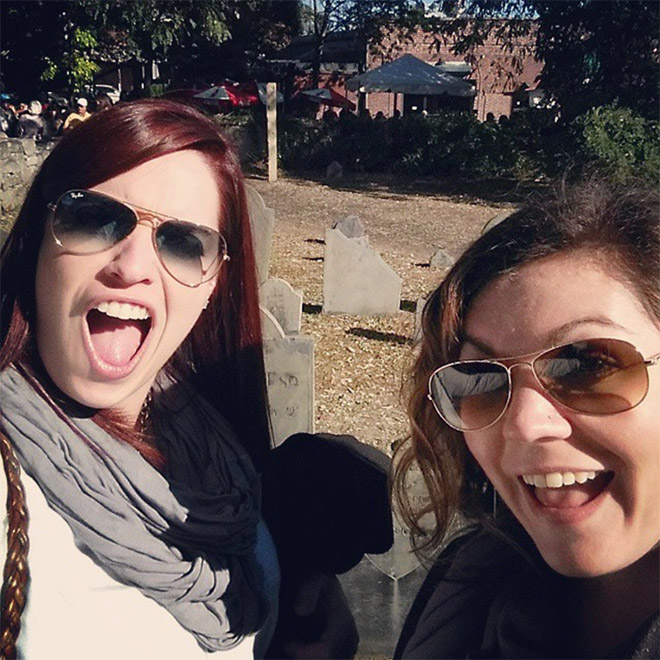(Merida, Yucatan – TYT) – Now that the Day of the Dead celebrations are over, it is an excellent time to talk about a phenomenon that I, personally, as a Yucatecan, dislike very much. That is the cultural appropriation that certain foreigners are making of our customs and traditions, but even worse, the gentrification of these.
A vast majority of people have heard of gentrification. If not, I will explain it very briefly. It is associated with the influx of higher-income residents into originally lower-income areas, leading to radical changes in these areas’ social fabric, culture, and traditions.
While gentrification can bring economic development and revitalization to neglected places, it also leads to the erosion of deep-rooted traditions, especially in culturally rich communities like ours in the Yucatan Peninsula. Proud of our Maya roots, we have celebrated Hanal Pixán (the rest of Mexico’s equivalent of Day of the Dead) for generations. However, with the arrival of so many foreigners to the Peninsula, these customs are ceasing to be customs and are becoming spectacles promoted for a market that can afford it.
As a result, a regrettable gentrification process has formed in our customs and traditions. Since there is never a lack of opportunists who go out to commercialize things that should not be for sale -because they are invaluable- today, we can find certain foreigners who profit from this. As an example: the “Hanal Pixán toures”.
One expatriate pretended to commercialize visits to the general cemetery of Merida (where no entrance fee has ever been charged). Many people, including expatriates, made her see that it was an aberration to want to profit from this. For the time being, the person gave up her intentions. Another expatriate takes groups to “live a complete Hanal Pixan experience” to a Mayan rural town in Campeche where every year, days before the commemoration of the Days of the Dead, the bones of the deceased are dug up, cleaned, and carefully placed on a white embroidered sheet, where the bones remain to be visited. Here, no entrance fee has ever been charged either.
The problem is not that foreigners want to learn about our customs and traditions. The real problem is the rapacious intermediaries. They profit from a practice that is not theirs, nor will ever be, or from the needs of these lower-income Mayan communities who, eager and willing to share, give everything but receive little – if anything in return.
Beyond the practice of our traditions, the respect and love that exists for them keep the peninsulars (Yucatecans, Campechanos, and Quintanarroenses) always present in the celebration of life and remembrance of their deceased. What kind of person wants to see something so intimate and is willing to pay for it? They may think that we are like fish in an aquarium, and it is entertaining to see how we behave, which, if that is the case, seems a bit pathetic.

Nothing seems more grotesque to us than a foreigner who seeks to profit at the expense of dead people who are NOT theirs, with a tradition that is NOT theirs, and even worse, to make our beliefs morbid spectacles. In the last case, if money is to be made from this, it should be donated to the communities to improve the cemeteries, which are not exactly in their best form, and most certainly, not to line the pockets of foreigners thanks to our customs and traditions.
It may be difficult for people from cultures with little or no traditions to understand. Perhaps it isn’t easy to comprehend for societies that have not had the racial mix that we have. With this, our magical thinking is the product of two millenary cultures, such as the Spanish, with our native people.
Preserving cultural traditions is essential to maintaining the identity and heritage of a nation, a state, and a city. Fortunately, there is another side to the coin. Foreigners have come to live in our country. They are admirable people, respectful and distinguished. They have made it their second home and integrated, respected, and defended our customs and traditions as if they were theirs. Therefore, I thank them and tell them that we greatly value that.
If you, as a foreigner, have just arrived or are considering coming to the Yucatan Peninsula and want to adopt our way of life, you are welcome! Our customs and traditions are to share, and nothing makes us prouder. Integrate yourself by respecting what is ours.
For Times Media Mexico – The Yucatan Times
José E. Urioste
Merida Yucatan, Mexico


